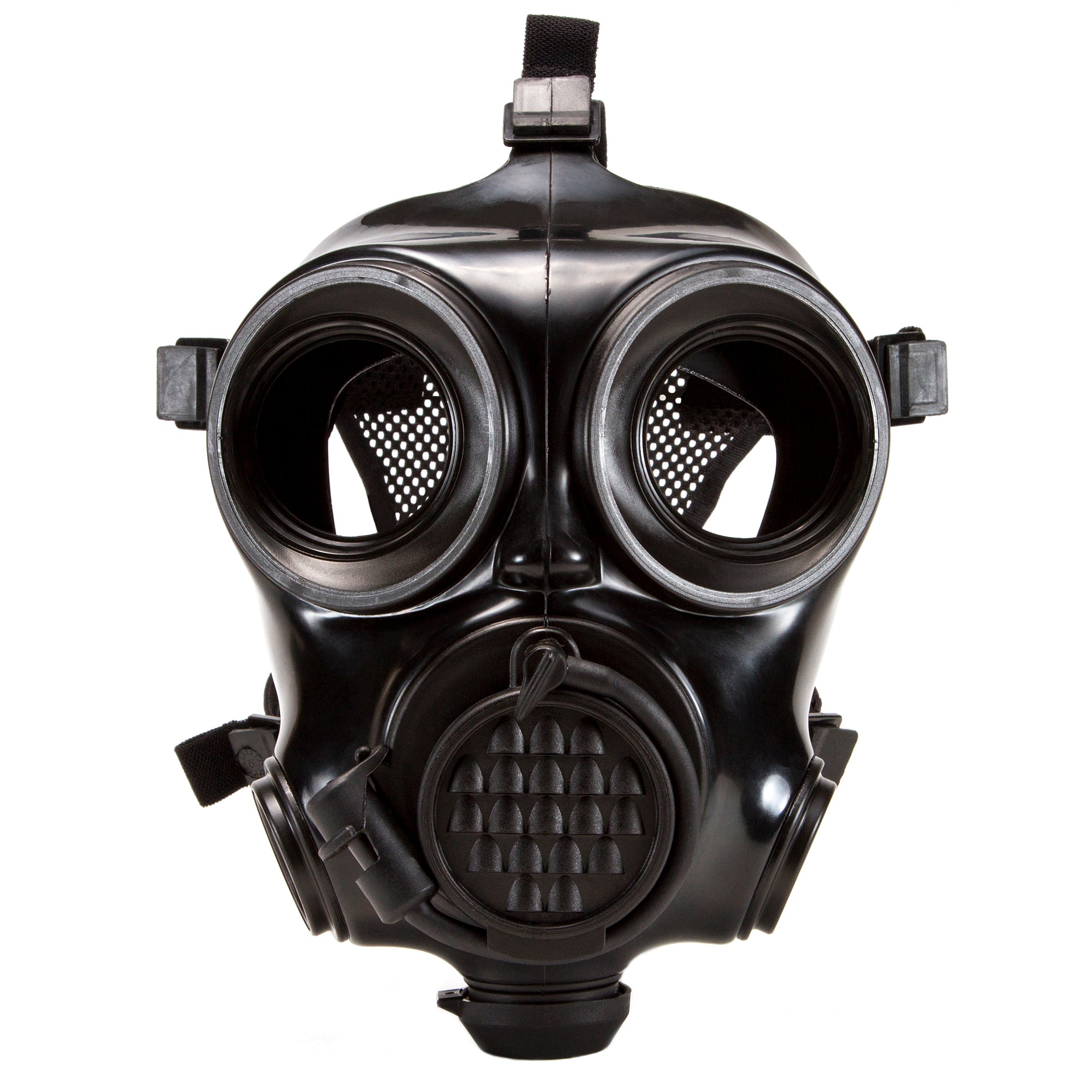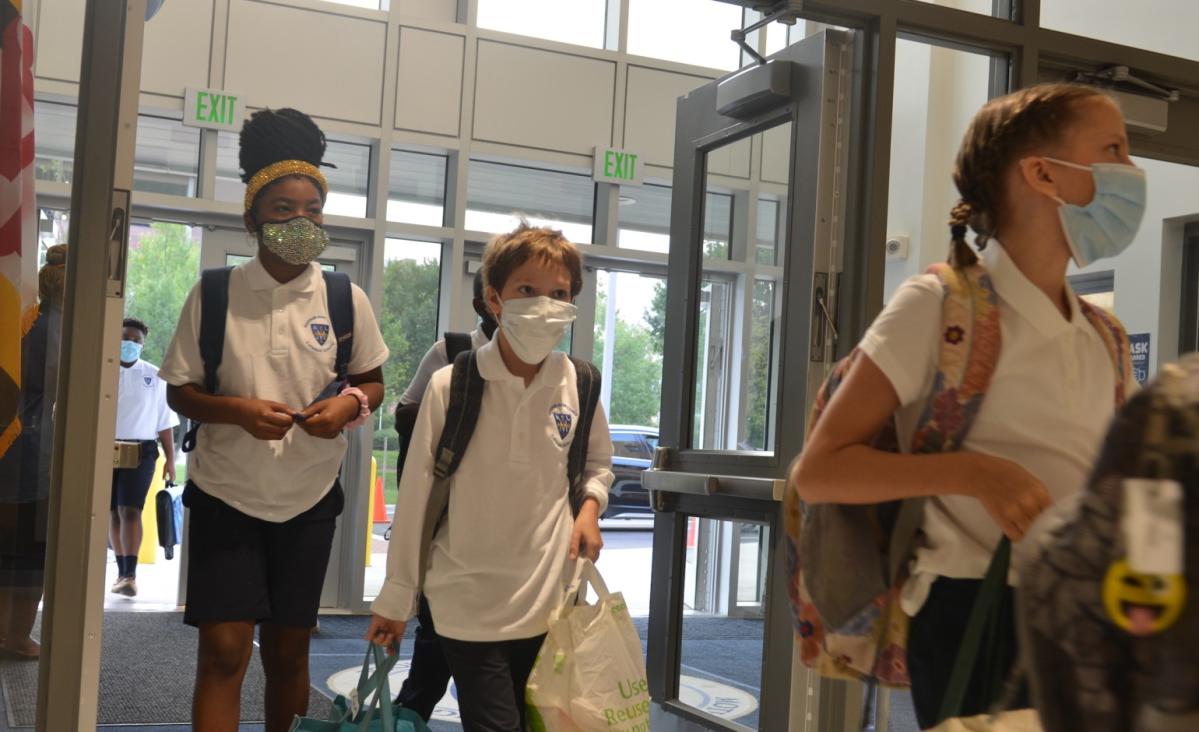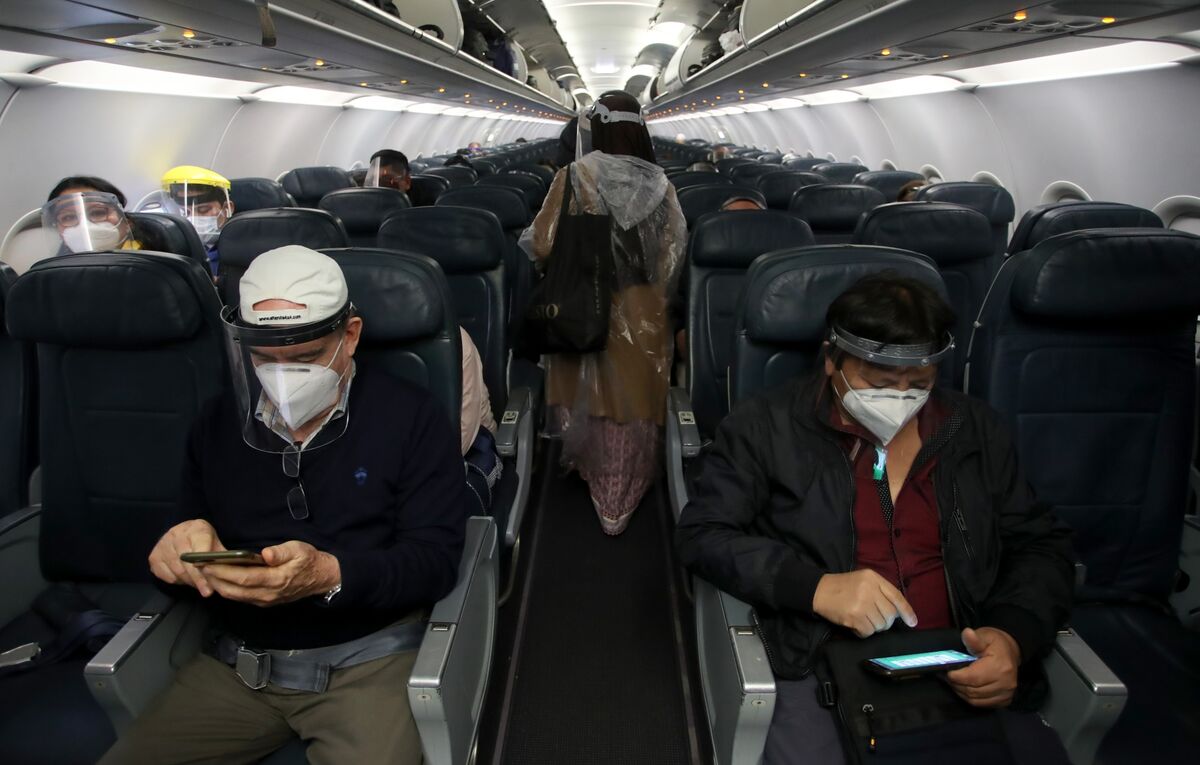Frankenstein
Diamond Member
- Oct 28, 2022
- 13,815
- 9,430
- 2,138
The most rigorous and comprehensive analysis of scientific studies conducted on the efficacy of masks for reducing the spread of respiratory illnesses — including Covid-19 — was published late last month. Its conclusions, said Tom Jefferson, the Oxford epidemiologist who is its lead author, were unambiguous.
“There is just no evidence that they” — masks — “make any difference,” he told the journalist Maryanne Demasi. “Full stop.”
But, wait, hold on. What about N-95 masks, as opposed to lower-quality surgical or cloth masks?
“Makes no difference — none of it,” said Jefferson.
What about the studies that initially persuaded policymakers to impose mask mandates?
“They were convinced by nonrandomized studies, flawed observational studies.”
Advertisement
Continue reading the main story
What about the utility of masks in conjunction with other preventive measures, such as hand hygiene, physical distancing or air filtration?
When will the pandemic end? We asked three experts — two immunologists and an epidemiologist — to weigh in on this and some of the hundreds of other questions we’ve gathered from readers recently, including how to make sense of booster and test timing, recommendations for children, whether getting covid is just inevitable and other pressing queries.
How concerning are things like long covid and reinfections? That’s a difficult question to answer definitely, writes the Opinion columnist Zeynep Tufekci, because of the lack of adequate research and support for sufferers, as well as confusion about what the condition even is. She has suggestions for how to approach the problem. Regarding another ongoing Covid danger, that of reinfections, a virologist sets the record straight: “There has yet to be a variant that negates the benefits of vaccines.”
How will the virus continue to change? As a group of scientists who study viruses explains, “There’s no reason, at least biologically, that the virus won’t continue to evolve.” From a different angle, the science writer David Quammen surveys some of the highly effective tools and techniques that are now available for studying Covid and other viruses, but notes that such knowledge alone won’t blunt the danger.
What could endemic Covid look like? David Wallace Wells writes that by one estimate, 100,000 Americans could die each year from the coronavirus. Stopping that will require a creative effort to increase and sustain high levels of vaccination. The immunobiologist Akiko Iwasaki writes that new vaccines, particular those delivered through the nose, may be part of the answer.
These observations don’t come from just anywhere. Jefferson and 11 colleagues conducted the study for Cochrane, a British nonprofit that is widely considered the gold standard for its reviews of health care data. The conclusions were based on 78 randomized controlled trials, six of them during the Covid pandemic, with a total of 610,872 participants in multiple countries. And they track what has been widely observed in the United States: States with mask mandates fared no better against Covid than those without.
“There is just no evidence that they” — masks — “make any difference,” he told the journalist Maryanne Demasi. “Full stop.”
But, wait, hold on. What about N-95 masks, as opposed to lower-quality surgical or cloth masks?
“Makes no difference — none of it,” said Jefferson.
What about the studies that initially persuaded policymakers to impose mask mandates?
“They were convinced by nonrandomized studies, flawed observational studies.”
Advertisement
Continue reading the main story
What about the utility of masks in conjunction with other preventive measures, such as hand hygiene, physical distancing or air filtration?
Questions about the pandemic
Card 1 of 4When will the pandemic end? We asked three experts — two immunologists and an epidemiologist — to weigh in on this and some of the hundreds of other questions we’ve gathered from readers recently, including how to make sense of booster and test timing, recommendations for children, whether getting covid is just inevitable and other pressing queries.
How concerning are things like long covid and reinfections? That’s a difficult question to answer definitely, writes the Opinion columnist Zeynep Tufekci, because of the lack of adequate research and support for sufferers, as well as confusion about what the condition even is. She has suggestions for how to approach the problem. Regarding another ongoing Covid danger, that of reinfections, a virologist sets the record straight: “There has yet to be a variant that negates the benefits of vaccines.”
How will the virus continue to change? As a group of scientists who study viruses explains, “There’s no reason, at least biologically, that the virus won’t continue to evolve.” From a different angle, the science writer David Quammen surveys some of the highly effective tools and techniques that are now available for studying Covid and other viruses, but notes that such knowledge alone won’t blunt the danger.
What could endemic Covid look like? David Wallace Wells writes that by one estimate, 100,000 Americans could die each year from the coronavirus. Stopping that will require a creative effort to increase and sustain high levels of vaccination. The immunobiologist Akiko Iwasaki writes that new vaccines, particular those delivered through the nose, may be part of the answer.
These observations don’t come from just anywhere. Jefferson and 11 colleagues conducted the study for Cochrane, a British nonprofit that is widely considered the gold standard for its reviews of health care data. The conclusions were based on 78 randomized controlled trials, six of them during the Covid pandemic, with a total of 610,872 participants in multiple countries. And they track what has been widely observed in the United States: States with mask mandates fared no better against Covid than those without.





